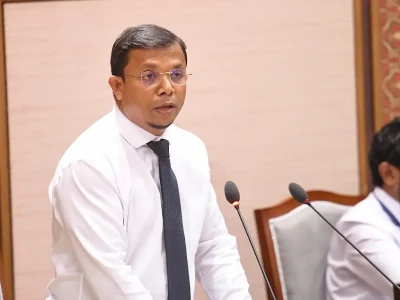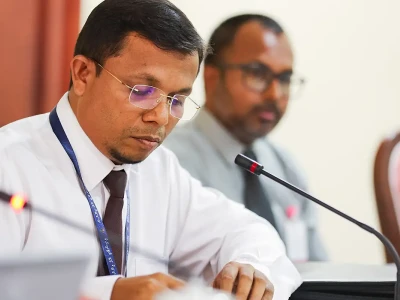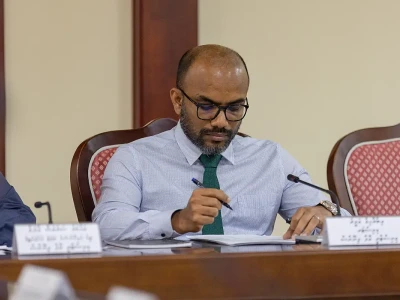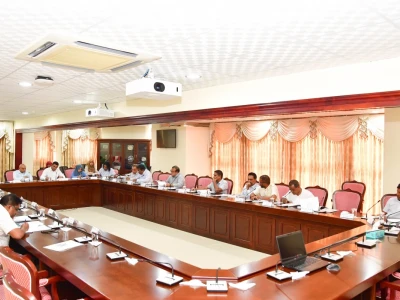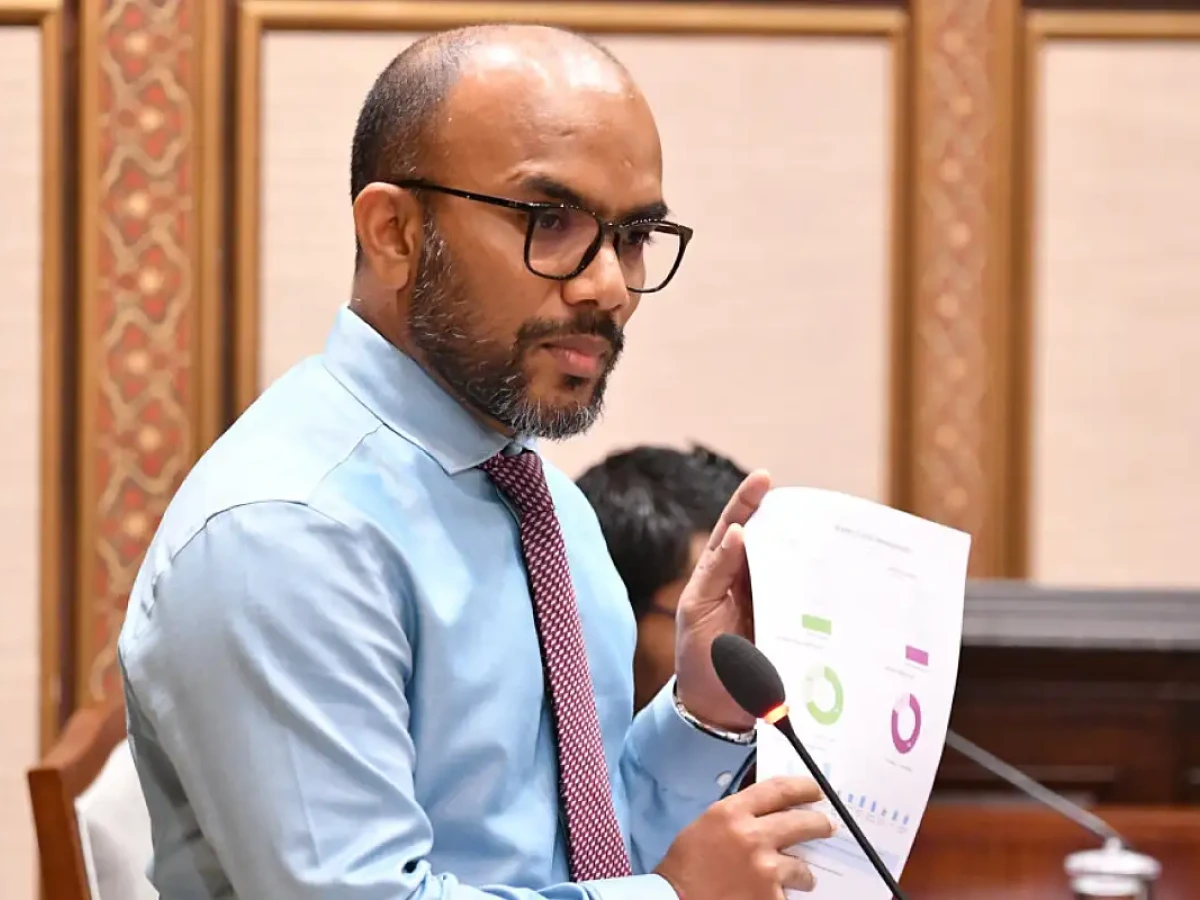
Outgoing finance minister's appeals to new government
" I believe the path to move forward without reducing the deficit is very narrow now," Finance Minister said, concluding his appeals to the new government.
By
Ahmed Naif
Opening Tuesday’s budget statement, finance minister Ibrahim Ameer said the budget for next year was designed to allow for the policies of the new government, to facilitate it and on the advice of the office of the president-elect. The Ameer then made appeals to the new government on the issues it should pay attention to. The minister devoted much of the budget statement to making appeals to the new government.
Ameer asked the new government, which will take office next Friday, to implement the policy planned by this government to reduce the country's debt and take it on a sustainable path. The Ameer urged the new government to:
-
1-
Reduce the government's direct debt to 95% of GDP by
-
2-
Reduce the primary budget deficit to less than 5% of GDP
-
3-
Keep the public debt as a percentage of productivity in a downward direction
-
4-
Recurrent expenditure should be reduced to a level that does not exceed state revenue and maintained at that level
The minister said the new government should focus on implementing these four things in the budget approved by parliament on Tuesday. However, Ameer reiterated that a new government should give priority to reducing the debt.
“Managing the country’s debt and reducing fiscal constraints is essential at this time in order to ensure financial sustainability and keep the economy in the right direction, as well as prepare for the next economic and financial crisis,” he said.
"I call on the next government to work to achieve these targets”.
Cost-cutting measures
Ameer said the current policy with IMF financial assistance to keep the public debt sustainable has two main objectives. It is to reduce expenditure and increase government revenue by 35% of GDP.
The government has already taken steps to increase revenue by introducing new taxes such as GST and the plastic bag tax.
According to Ameer, the government's term ends on Friday but the measures to cut expenditure have been neglected. Therefore, the minister called on the new government to implement the cost-cutting measures included in this year's budget. As such, he noted:
-
Change subsidies to those most in need of government assistance
-
Introduction of a direct subsidy targeted to income and living standards
-
Changes in coverage by linking services provided through the Aasandha health insurance scheme to the targeting system
-
Strengthen the rules for government assistance as welfare for medical treatment and close the doors open to abuse of the system
"To ensure fiscal and debt sustainability, government expenditure and financing requirements must be reduced and cost-cutting measures must be implemented," he said.
"Implementation of these measures, as planned in the budget, is essential to ensure fiscal sustainability."
Get ready for 2026 in advance
The government has taken debt to revive the economy, he said, adding that the side effect is that the government's debt has increased and the country's financial situation has worsened. And that was already known, he said.
The minister stressed the importance of continuing fiscal policy as planned in the medium term to avoid these risks. According to the Ameer, we must prepare for 2026 immediately. That is the year Maldives has to pay USD 1 billion in debt.
The Ameer said the government has planned very sturdy action plans to prepare for that year. He called on the new government to pay attention to these issues. As such, there are:
-
Working to raise Maldives's credit rating; If that is done, the government will then have the ability to pay off or refinance the debt due in 2026
-
Increasing the money in the Sovereign Development Fund; The sovereign fund should be increased to MVR 9 billion
"I think there is a narrow path to move forward without reducing the deficit now," he said, concluding his appeals to the new government.
